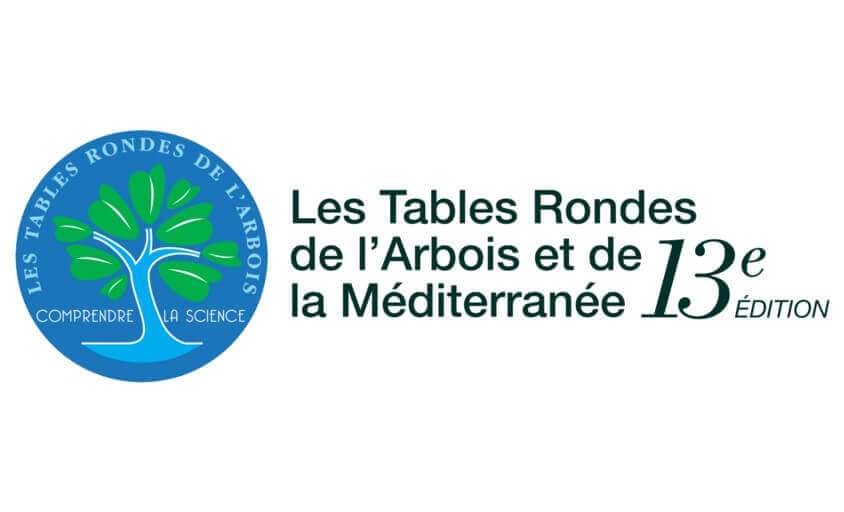From 3 to 4 May, the Mohammed VI Polytechnic University of Rabat (UM6P) is organising, in collaboration with the University of Aix-Marseille and the CNRS, the 13th edition of the Arbois and Mediterranean Round Tables (TRAM) in Aix-en-Provence, on the theme of “Hydrogen tomorrow: myths and realities“. This edition will bring together elected officials, industrial leaders, research and innovation players, students and representatives of civil society around a programme of plenary conferences.
A thousand participants are expected in Aix-en-Provence for this now well-established annual event. The 2023 will explore, beyond the prejudices that may surround it, the challenges and opportunities that green hydrogen represents in the fight against climate change and in the construction of a decarbonised energy model in Europe, Africa and the world. However, Africa will be in the spotlight at this 13th edition, which takes place in a context where several projections show that the African continent could produce up to 50 million tons of green hydrogen per year by 2035 to help secure the world’s energy supply, but also create jobs, decarbonise heavy industry and strengthen global competitiveness.
Africa as a global hub for green hydrogen
In Africa, hydrogen development is concentrated in three major investment hubs: Egypt, Southern Africa and Morocco. For example, the Cherifian Kingdom has deployed a strategy that aims to decarbonise its heavy industry by investing in the green hydrogen sector.
According to the report “Africa’s Extraordinary Green Hydrogen Potential”, investing in green hydrogen could reduce carbon emissions in Africa by 40%, avoiding the release of 500 million tonnes of CO2 per year, while contributing to the continent’s development.
One of the themes that will be addressed during the two days of debates of the 13th Edition of the Arbois and Mediterranean Round Tables is the large-scale production of green hydrogen. This will enable Africa to supply 25 million tonnes of green hydrogen to the global energy markets, equivalent to 15% of the gas currently used in the European Union.
Supporting the decarbonised development of agriculture in Africa
Green ammonia, made from hydrogen obtained by electrolysis from renewable energy sources, reduces greenhouse gas emissions from fertilisers that are essential for agricultural development at a time when many countries, including Europe, are facing major food security challenges.
OCP Group, the world’s largest fertilizer producer, a leader in the precision agriculture sector and a determined player in the transformation of African economies, is now positioning itself to become a leader in the green hydrogen market.
With a new investment programme of USD 12 billion for the period 2023-2027, the Moroccan group is at the forefront of a green revolution in Africa with the development of a more soil-friendly agriculture but also the development of new sources of renewable energies, first and foremost green hydrogen.
Hicham El Habti, President of Mohammed VI Polytechnic University explains that “Green hydrogen is a source of hope for accelerating the energy transition in Morocco and Africa. We are proud to organise this 13th edition of the Arbois and Mediterranean Round Tables, to introduce citizens to the scientific advances and opportunities of green hydrogen on the African and European continents.
Daniel Nahon, Founder of the Arbois and Mediterranean Round Tables says: “This year, the central theme of green hydrogen is essential to support the challenges of decarbonising economies, green mobility and energy independence. We will have the opportunity to listen to prestigious experts who will share their knowledge in order to offer concrete solutions for European and African economies.”
In less than two weeks, a thousand people will meet for two days to discuss the future of the green hydrogen industry in Europe and Africa and to contribute to the advocacy of the Scientific and Industrial Council (SIC) of the Arbois and Mediterranean Round Tables in favour of this technology in order to formulate concrete and rapidly mobilisable actions to respond to the climate emergency.
About the Arbois and Mediterranean Round Tables
The Arbois Round Tables is an annual international multidisciplinary conference linking exact science, human and social sciences and new technologies. Each year, a new theme is proposed by researchers and experts in order to debate, inform, popularise and explain with pedagogy the discoveries that transform the daily life of populations while advancing science.
About UM6P
Mohammed VI Polytechnic University is an institution oriented towards applied research and innovation. Oriented towards Africa, it aims to be among the world’s leading universities in these fields. Its founding campus, located in the town of Benguerir, near Marrakech, is in the heart of the Green City Mohammed VI, to better radiate at the national, continental and international levels.
Source: AETOSWire

